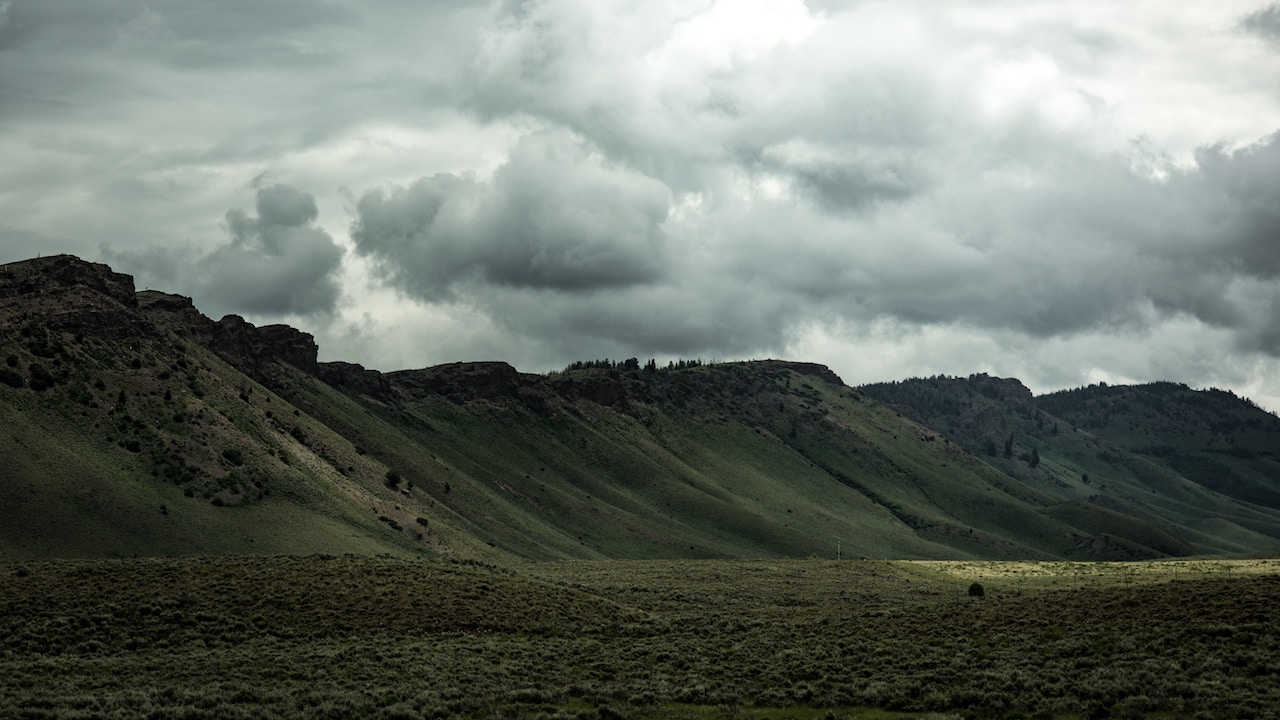
21 Dec Unveiled
I’m a walking PR firm.
It would almost be laughable were it not so real—and as someone who works in marketing for a living, I am painfully aware of how this whole thing works.
PR firms are constantly in image-management mode on behalf of their clients. Everything is an opportunity to reflect the story of a brand—to control the way consumers view the client. Good things are promoted to make the company look great, and bad things are spun to minimize any damage to their reputation.
Which is all well and good until it leaks over into personal life.
I think I’ve been treating myself as a PR client for a while. It’s not really a new revelation, but the more my eyes are opened to it, the more I realize just how deep it is.
I am constantly trying to control how people see me.
It started off as the innocent kind of perfectionism, the high school version of trying to get great grades and be good at all my sports and not be a bad friend.
It got deeper and more devious in college, turning into me wanting to be involved in anything and everything and be stressed and busy but do it all well.
After college, it’s gotten sinister, when now I tell myself that I have to make up for my lack of homework by committing to everything, but now I can’t show any sign of stress.
To me, being tired or needing introvert time is a sign of weakness. Being totally burned out in a social situation and not letting anyone know is a twisted kind of victory in my mind.
Which all just adds up to me trying to drop a massive veil over my own brokenness.
And the ironic thing is that the Lord has also been known to strategically use veils to accomplish His purposes. But to no one’s surprise, His motives could not be more different from mine.
When He gave Moses the instructions for building the tabernacle, the tent where His presence would live with them, He told him to put up a veil between His glory and Israel’s camp.
When Moses came down from Mount Sinai, the fading remnant of God’s glory on his face was so terrifying that he had to wear a veil when he talked to the people of Israel.
God’s presence was something to be feared. He was their Guide, their Rescuer, their King, but still the sight of Him could kill them if He weren’t merciful.
The veil was His way of recognizing reality, of still allowing them to be close to Him even though really they couldn’t be near Him without being scared speechless or just outright dying.
My veil is my way of avoiding reality, of pretending that I am as disciplined as I try to appear or that needing rest is beneath me or that if I just frantically try hard enough, I can be good at anything.
I put up a veil because I can’t handle my brokenness. God puts up a veil because I can’t handle His glory.
The contrast couldn’t be more clear.
But regardless of how different my selfish veil is from God’s kind one, all veils react the same way when it comes to the cross.
They rip.
The moment that Jesus died, the veil in the temple—the more permanent tabernacle—literally, supernaturally tore from top to bottom.
It’s as if God were saying, “No more will there be a barrier between us. No longer will my presence be something to fear. The blood of My Son gives you full access to come to Me and see Me and know Me.”
And oh, by the way, that probably means you don’t have to act like you don’t need rest.
Or hide from your friends the fact that you have been known to eat ice cream for dinner and forget the last time you washed your sheets.
Or run to being productive in group settings because you’re socially insecure.
If God’s own veil—the real and justified one that shielded us from His glory—was rendered completely irrelevant after Jesus’ death, it makes my own made-up veils that only protect my image look ridiculously silly.
The Lord is awfully kind to be patient with me because I think I should have learned this lesson a while ago.
In high school, I had to read Till We Have Faces, which is C.S. Lewis’ retelling of a Greek myth. All too fitting, the main character is a woman who wears a veil for the majority of her life out of shame and regret for what she has done and how she looks. Despite the fact that her sister is married to a god, she struggles to believe in the supernatural, which leads to a life of strain and doubt.
The most beautiful part, though, comes after she is brought before the gods in a vision to voice her complaints, and the first thing they do is remove her veil. In her later reflections on her journey from doubt to belief, she writes, “How can [the gods] meet us face to face till we have faces?”
Faces. Not veils.
I should have gotten it then.
The Lord has offered us complete freedom to remove our veils of sin and shame and perfectionism and pride. And even more—to sit in that raw, exposed, vulnerable place in safety because we are protected by the blood of Jesus.
Paul reminds the Corinthians of the same truth: “And we all, who with unveiled faces contemplate the Lord’s glory, are being transformed into his image with ever-increasing glory, which comes from the Lord, who is the Spirit.” (2 Corinthians 3:18)
Instead of being terrified to die by looking at Him, I can now look straight at His glory because that is what I am becoming. Hallelujah, what a Savior.
His glory is no less fearsome, but He is all the more praiseworthy.
So if He tore His own veil, I think I can let Him dismantle mine.
May we relate to our own souls, our friends, and our God with our lives empowered by the security of His salvation and our faces unveiled.

Haley Barinowski
Haley is a shameless Clemson fanatic who believes in dessert, Christmas lights, and throwing football. She loves good books, good pens, and good runs. She attends our Downtown campus.


